"The Lonesome Touch"
A few years ago my friend Mike Collard played me a recording of some exceedingly lovely Irish fiddle music as we driving through the mountains of West Cork. It was The Lonesome Touch by Martin Hayes and Dennis Cahill, and, from amongst the vast amount of clutter in the front of his car, he managed to produce the CD booklet, urging me to read Hayes' sleeve notes. I was deeply moved.

Martin Hayes with Dennis Cahill
Recently Keith Drone lent me a copy of the same album, so now I can transcribe that bit of writing:
"The Lonesome Touch" is a phrase I have heard in my native County Clare all my life. It is used to describe a person's music. It represents a quality that is difficult to express verbally. It is the intangible aspect of music that is both elusive and essential. The word lonesome expresses a sadness, a blue note, a sour note. Even though the music bares the trace of struggle and of pain, it is also the means of uplift, transcendence to joy and celebration. Meeting and experiencing sadness or tragedy in art, literature or music is very often the transformation of that experience to its corresponding opposite, the release of joy and freedom.
The lonesome touch is something that is difficult to achieve. Most of the time for me it is only an aspiration. To achieve that quality requires a lot of integrity and purity, which is personally demanding. One is forced to put the requirements of the music before all personal considerations, to play honestly from the heart with no motive other than the selfless expression of joy and beauty for their own sake.
I was very fortunate during my youth to have had access to and experience of this musical quality. Many of the old musicians had this special draiocht. Some of them weren't technical virtuosos, but through the honesty of their expression they could touch your heart. It is this quality that has driven me and inspired me all of my musical life. I have found that you can never possess it, you can only yield to it. It demands honesty and humility. Only on rare occasions have I really been able to express completely from this point. For the most part it still remains the unobtainable horizon, the object of inspiration and motivation.
In Irish music today there is much debate and division on the issues of continuity versus change, and tradition versus innovation. I think it is a mistake to divide these issues, as the music is capable of containing all of these parts at once. The real battle is between artistic integrity and the forces that impede creative expression. Traditional Irish music has always experienced change and been enriched by innovation, while at the same time maintaining continuity. The issue that is of utmost importance is that innovation, change, tradition and continuity all be tempered by integrity, humility and understanding. These issues are the issues of all artistic pursuit and are therefore universal, as is the very core of the music itself. Irish music is the expression of the universal muse. What gives it its unique character is that this muse has been expressed through our unique cultural milieu and ethos. It represents the experience and aspirations of a collective of musicians spread through time. The music is more than just one point of view. It is many things. It is dance music, it is music of community and sharing. It is music to listen to, music to remember by, and to express through. At any one time it contains all of these attributes, but in varying degrees."
(Martin Hayes, 1997)
This is particularly relevant as I may be going to Ireland in a couple of weeks, and this trip should involve at least part of the Baltimore Fiddle Fair (also down in West Cork). Inge is coming up from France for some workshops and classes there, having been working on her fiddle playing quite a bit in recent years. Also, our friend Liz will be celebrating her 50th birthday with friends in Baltimore the same weekend. If I am able to go (this is still to be decided), I imagine I'll come back with a few interesting recordings...

Martin Hayes with Dennis Cahill
Recently Keith Drone lent me a copy of the same album, so now I can transcribe that bit of writing:
"The Lonesome Touch" is a phrase I have heard in my native County Clare all my life. It is used to describe a person's music. It represents a quality that is difficult to express verbally. It is the intangible aspect of music that is both elusive and essential. The word lonesome expresses a sadness, a blue note, a sour note. Even though the music bares the trace of struggle and of pain, it is also the means of uplift, transcendence to joy and celebration. Meeting and experiencing sadness or tragedy in art, literature or music is very often the transformation of that experience to its corresponding opposite, the release of joy and freedom.
The lonesome touch is something that is difficult to achieve. Most of the time for me it is only an aspiration. To achieve that quality requires a lot of integrity and purity, which is personally demanding. One is forced to put the requirements of the music before all personal considerations, to play honestly from the heart with no motive other than the selfless expression of joy and beauty for their own sake.
I was very fortunate during my youth to have had access to and experience of this musical quality. Many of the old musicians had this special draiocht. Some of them weren't technical virtuosos, but through the honesty of their expression they could touch your heart. It is this quality that has driven me and inspired me all of my musical life. I have found that you can never possess it, you can only yield to it. It demands honesty and humility. Only on rare occasions have I really been able to express completely from this point. For the most part it still remains the unobtainable horizon, the object of inspiration and motivation.
In Irish music today there is much debate and division on the issues of continuity versus change, and tradition versus innovation. I think it is a mistake to divide these issues, as the music is capable of containing all of these parts at once. The real battle is between artistic integrity and the forces that impede creative expression. Traditional Irish music has always experienced change and been enriched by innovation, while at the same time maintaining continuity. The issue that is of utmost importance is that innovation, change, tradition and continuity all be tempered by integrity, humility and understanding. These issues are the issues of all artistic pursuit and are therefore universal, as is the very core of the music itself. Irish music is the expression of the universal muse. What gives it its unique character is that this muse has been expressed through our unique cultural milieu and ethos. It represents the experience and aspirations of a collective of musicians spread through time. The music is more than just one point of view. It is many things. It is dance music, it is music of community and sharing. It is music to listen to, music to remember by, and to express through. At any one time it contains all of these attributes, but in varying degrees."
(Martin Hayes, 1997)
This is particularly relevant as I may be going to Ireland in a couple of weeks, and this trip should involve at least part of the Baltimore Fiddle Fair (also down in West Cork). Inge is coming up from France for some workshops and classes there, having been working on her fiddle playing quite a bit in recent years. Also, our friend Liz will be celebrating her 50th birthday with friends in Baltimore the same weekend. If I am able to go (this is still to be decided), I imagine I'll come back with a few interesting recordings...
















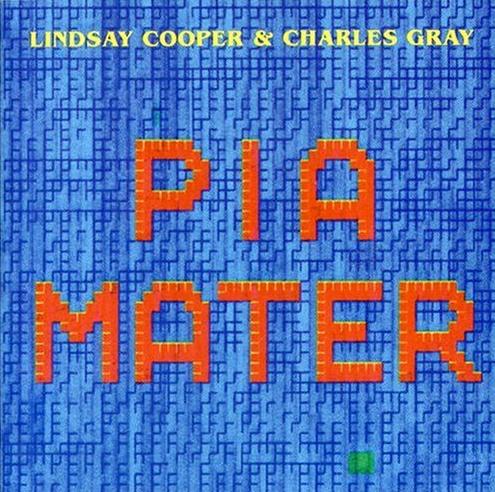
































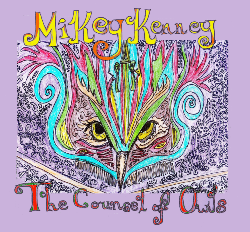



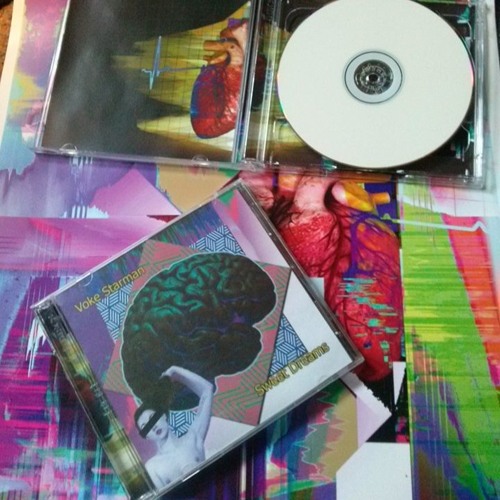



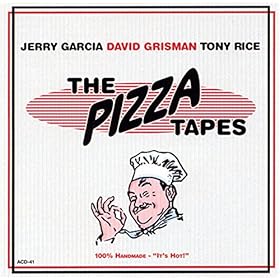

























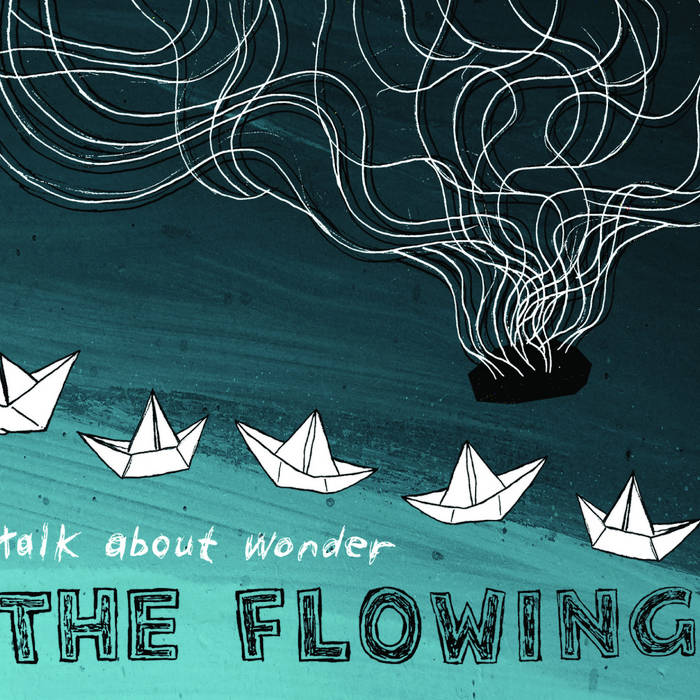












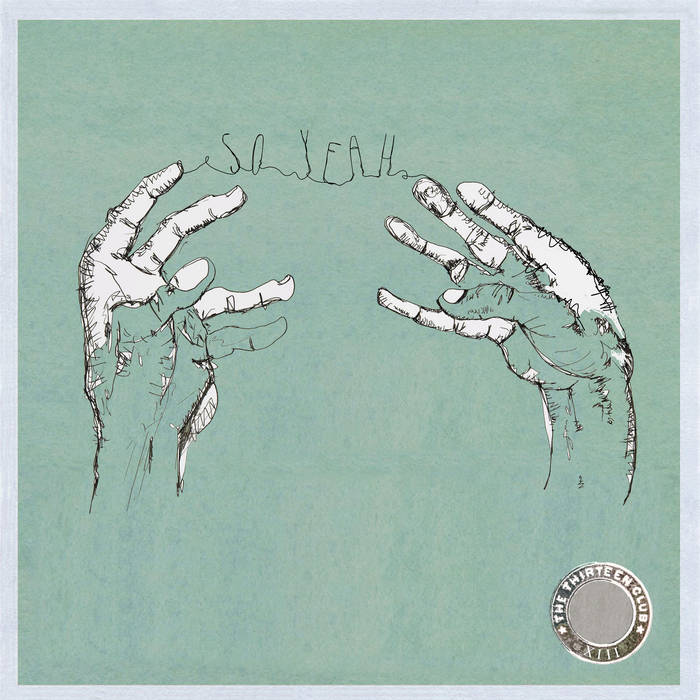







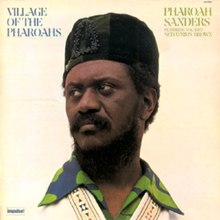











































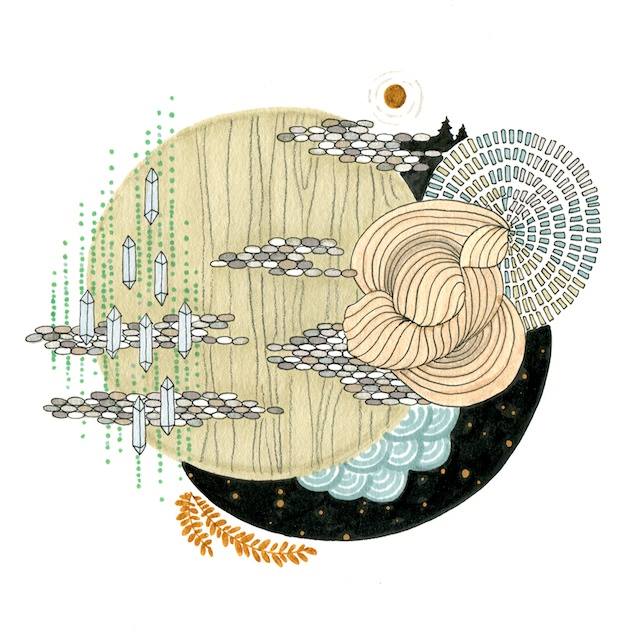





































































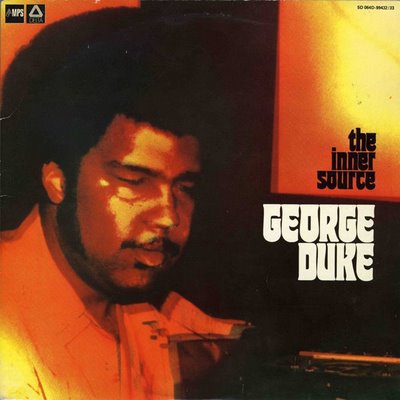












































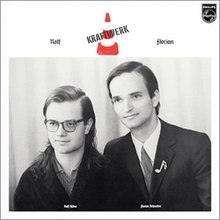


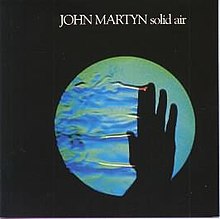



















































































































































































































































































































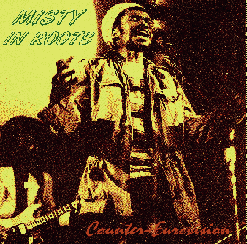





















































































































































































































































































































0 Comments:
Post a Comment
<< Home